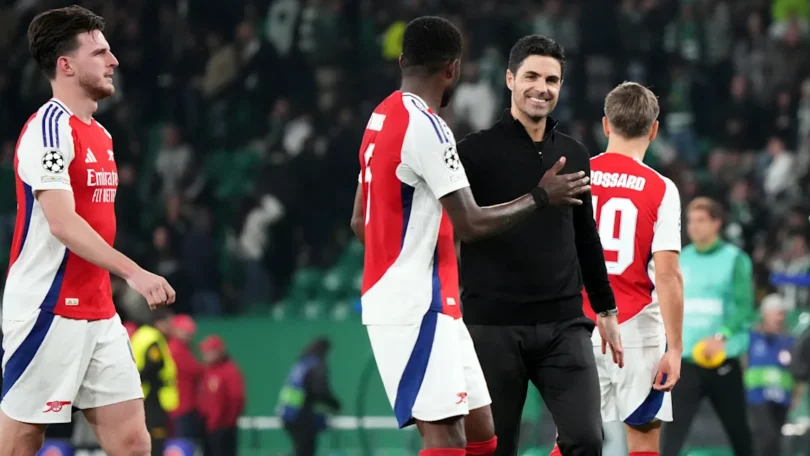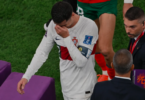Mikel Arteta, the manager of Arsenal, has credited the recent international break for his team’s resurgence in form. Following a challenging start to the season, Arsenal has experienced a notable improvement in their performances and results, something Arteta attributes, at least in part, to the extended break between matches. The international break gave Arteta and his staff valuable time to reassess, regroup, and refine the team’s tactics and individual players’ focus, which ultimately contributed to their revitalized displays.
Arsenal’s early season was marked by inconsistency, with the Gunners dropping points in matches they would have expected to win. Their performances seemed lackluster, and Arteta was under increasing pressure to find solutions. However, the international break provided a much-needed pause, allowing Arteta to work more closely with the players who were not involved in international duty. This period was crucial for tactical refinement, as Arteta had the chance to emphasize specific aspects of the team’s play that had been lacking, particularly in terms of defensive solidity and offensive fluidity.
One of the most significant benefits Arteta cited was the ability to integrate his new signings into the team without the distraction of a congested fixture list. Players like Declan Rice, Kai Havertz, and others had arrived in the summer, and while they brought quality, adjusting to a new system and understanding Arteta’s philosophy takes time. The international break allowed the coaching staff to work with these players in a more focused environment, helping them to better fit into the tactical structure that Arteta is known for. This time was instrumental in building cohesion between new arrivals and established stars, something that had been a work in progress at the start of the season.
In addition to refining tactics and integrating new players, Arteta also used the break to assess his squad’s mental and physical state. With a demanding season ahead, the international break provided players with some time to recharge, both physically and mentally. The time away from the intensity of club football allowed Arsenal’s key players to recover from injuries and fatigue, ensuring they could return to action feeling refreshed. This rejuvenation was particularly important for players like Bukayo Saka and Martin Ødegaard, who had been carrying heavy loads early in the campaign.
The results since the international break have been impressive. Arsenal has looked more cohesive, both defensively and offensively. The defense, which had been prone to errors in earlier matches, has tightened up, with the backline looking more organized and composed. At the same time, Arsenal’s attacking play has been more fluid, with the forwards creating more chances and scoring more goals. Arteta’s tactical tweaks, combined with improved fitness and cohesion, have made a noticeable difference.
Arteta’s leadership has always been a key factor in Arsenal’s growth, and his ability to adapt to changing circumstances has been evident throughout his tenure. By taking full advantage of the international break, Arteta has demonstrated his capacity for self-reflection and adaptation. His ability to take a step back, assess his team’s needs, and fine-tune their approach shows a maturity that has been crucial to Arsenal’s resurgence.
Moving forward, Arteta will look to build on this momentum and ensure that Arsenal’s positive form continues as they push for higher finishes in both the Premier League and Europe. While the international break has certainly played a role, Arteta’s ability to implement improvements and adjust his tactics will remain vital as Arsenal strives for sustained success throughout the season.







